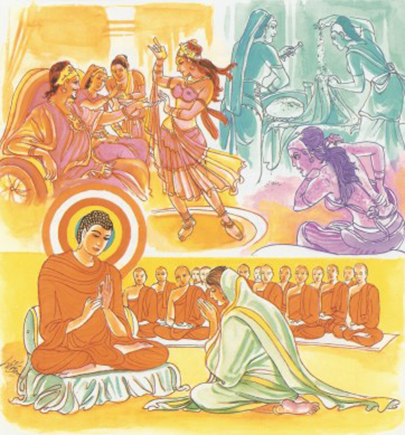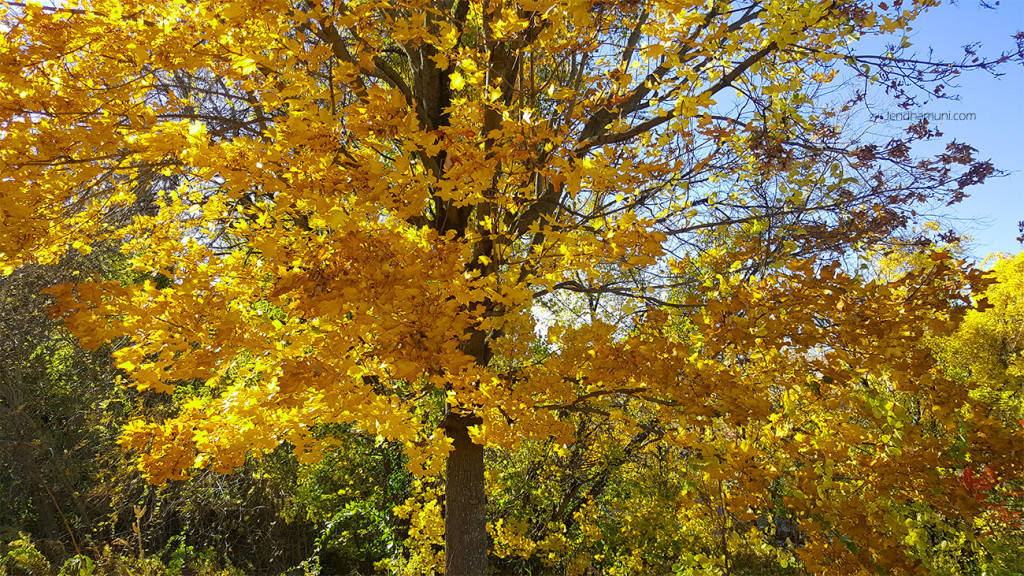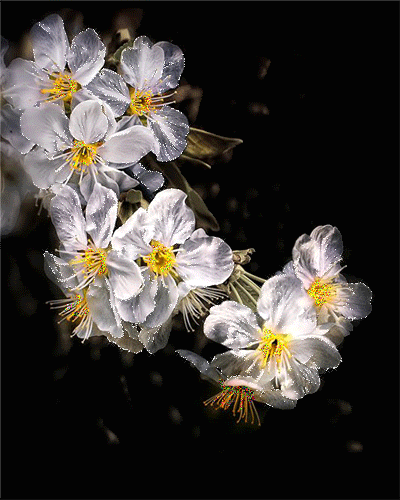
What Buddhism Teaches About Anger
By Barbara O’Brien, About.com Guide
Anger. Rage. Fury. Wrath. Whatever you call it, it happens to all of us, including Buddhists. However much we value loving kindness, we Buddhists are still human beings, and sometimes we get angry. What does Buddhism teach about anger?
Anger is one of the three poisons – the other two are greed and ignorance – that are the primary causes of the cycle of samsara and rebirth. Purifying ourselves of anger is essential to Buddhist practice. Further, in Buddhism there is no such thing as “righteous” or “justifiable” anger. All anger is a fetter to realization.
Yet even highly realized masters admit they sometimes get angry. This means that for most of us, not getting angry is not a realistic option. We will get angry. What then do we do with our anger?
First, Admit You Are Angry
This may sound silly, but how many times have you met someone who clearly was angry, but who insisted he was not? For some reason, some people resist admitting to themselves that they are angry. This is not skillful. You can’t very well deal with something that you won’t admit is there.
Buddhism teaches mindfulness. Being mindful of ourselves is part of that. When an unpleasant emotion or thought arises, do not suppress it, run away from it, or deny it. Instead, observe it and fully acknowledge it. Being deeply honest with yourself about yourself is essential to Buddhism.
What Makes You Angry?
It’s important to understand that anger is something created by yourself. It didn’t come swooping out of the ether to infect you. We tend to think that anger is caused by something outside ourselves, such as other people or frustrating events. But my first Zen teacher used to say, “No one makes you angry. You make yourself angry.”
Buddhism teaches us that anger is created by mind. However, when you are dealing with your own anger, you should be more specific. Anger challenges us to look deeply into ourselves. Most of the time, anger is self-defensive. It arises from unresolved fears or when our ego-buttons are pushed.
As Buddhists we recognize that ego, fear and anger are insubstantial and ephemeral, not “real.” They’re ghosts, in a sense. Allowing anger to control our actions amounts to being bossed around by ghosts.
Anger Is Self-Indulgent
Anger is unpleasant but seductive. In this interview with Bill Moyer, Pema Chodron says that anger has a hook. “There’s something delicious about finding fault with something,” she said. Especially when our egos are involved (which is nearly always the case), we may protect our anger. We justify it and even feed it.
Buddhism teaches that anger is never justified, however. Our practice is to cultivate metta, a loving kindness toward all beings that is free of selfish attachment. “All beings” includes the guy who just cut you off at the exit ramp, the co-worker who takes credit for your ideas, and even someone close and trusted who betrays you. Continue reading →
















